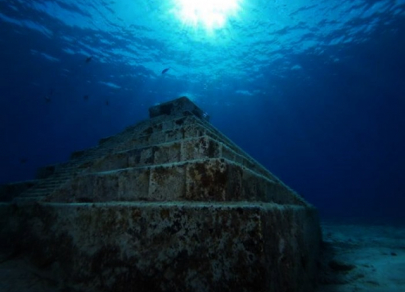FX.co ★ Seven ancient mysterious places on the planet
Seven ancient mysterious places on the planet
The mysterious landscapes of our planet have always attracted travelers. Some of them are considered so-called "places of power", and many of them are inexplicably attractive promising immersion in the unknown world. We bring to your attention seven famous places on the planet which to this day are considered the most mysterious.
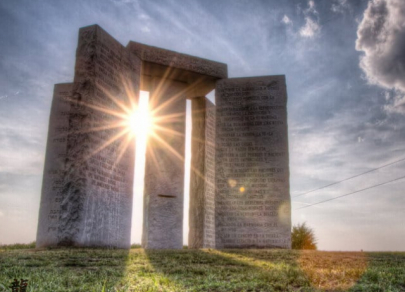
Teotihuacán
The oldest city in the Western Hemisphere, located 50 kilometers north-east of Mexico City, is Teotihuacán. Its age reaches two thousand years. Representatives of the old civilization built stone calendars and were well versed in astronomy. All the buildings of Teotihuacán are located along the so-called "road of the dead". In the center, there is the main part of the complex, the pyramid of the Feathered Serpent (Quetzalcoatl). One of the important structures of the complex is the pyramids of the Moon and the Sun. At the top of the pyramid of the Sun, erected around 150 BC, there is the so-called Center of Power.
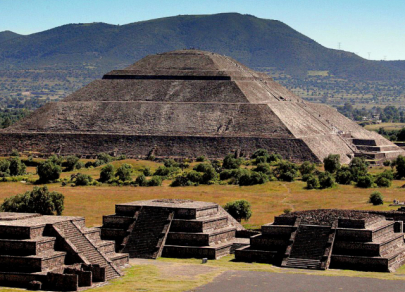
Iron pillar of Delhi
Another unusual ancient monument is the Delhi Pillar, a part of the Qutb Minar architectural complex in the Indian city of Delhi. The uniqueness of this monument lies in the fact that it was made of pure iron almost 1,600 years ago but for all this time has not been corroded. Scientists suggest that the column was assembled from pieces of iron, connected to each other by ancient Indian melting techniques which has long been lost. The reason the Delhi pillar does not rust is due to the special climatic conditions of this territory, experts believe.
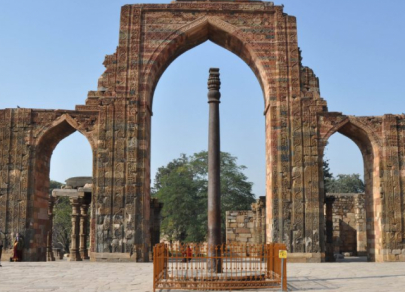
Stonehenge
Stonehenge is a unique architectural and archaeological site. It is a composition of stone blocks, megaliths, and triliths weighing from 25 to 82 tons. Scientists consider that the creation of Stonehenge began around 3000 BC and was ended in 2440-2100 BC. The monument is a complex construction which includes arches, two rings of huge stones and an altar stone. Its purpose is still unknown.
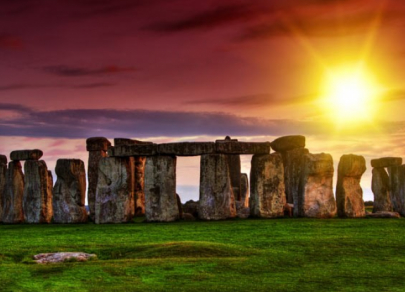
Nasca lines
The ancient geoglyphs of the Nasca Plateau are ranked among the greatest mysteries of history. Giant drawings depicting animals and people, as well as amazing lines and geometric shapes stretched for thousands of kilometers across a desert plateau in southern Peru. Experts believe that the drawings could serve as part of a giant astronomical calendar. The Nasca lines were created by a highly developed civilization in the years 300-800. Thanks to a very dry climate, they are perfectly preserved to our days. In 1994 the UNESCO foundation recognized these geoglyphs as the cultural heritage of mankind.
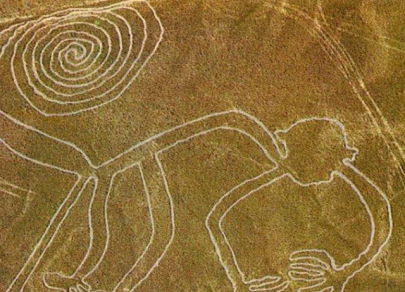
Moai
Studying the statues of Easter Island (or Rapa Nui Island, as the islanders call their homeland), scientists suggest that Moai are tombstones to ancient leaders. Statues were established over their graves in memory of respected ancestors, and the inhabitants believed that they guarded against evil forces. Currently, there are about 900 stones at Rapa Nui. In 1770 they all had fallen. In the second half of XX century, people started renovating statues. Archaeologists assume that the present islanders came to Rapa Nui from Polynesia, South America and from Peru.
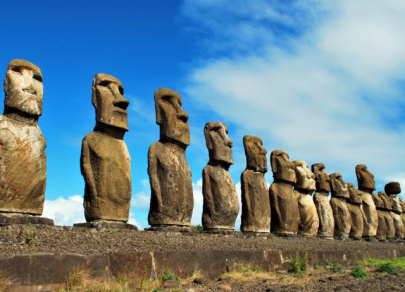
Nabta observatory
Nabta observatory is recognized one of the most ancient astronomical monuments. It is located in the Sahara desert in Egypt. It was established about 7,000 years ago. It is two thousand years older than the famous Stonehenge. Archaeologists do not exclude that this civilization, which existed in the Sahara 7,000 years ago, contributed to the emergence and development of Egyptian culture. Only 10 monolithic plates with a height of 2.7 m, about 30 oval stones and some kind of a calendar circle remained from the observatory.
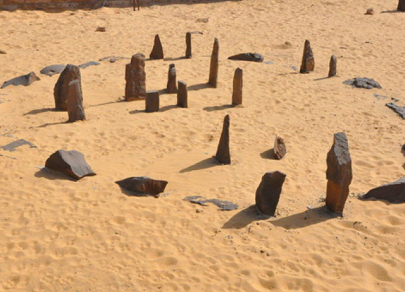
Yonaguni pyramids
Near the island of Yonaguni, located in western Japan, in 1985 at a depth of 40 m a huge stone complex with wide platforms was found. They consist of sandstone and covered with ornamentation of rectangles and rhombuses. There is a sheer wall 27 m high, stretching along the whole monument. The researchers found incisions resembling hieroglyphics on the stone blocks. The approximate age of the complex is about 10,000 years. Scientists believe that at that time the monument was located above the surface of the water.
